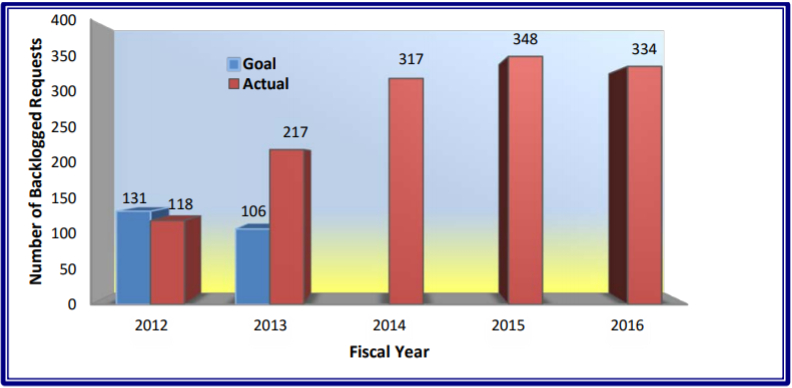In March 2010, Congress codified the economic substance doctrine in Internal Revenue Code (Code) Section 7701(o). The codification clarified that a conjunctive analysis applies in determining if the doctrine applies. The codified economic substance doctrine applies when a transaction does not have economic substance or lacks a business purpose. When the doctrine applies, a taxpayer is subject to a 20% strict liability penalty (40% in the case of undisclosed transactions) on any underpayment attributable to the disallowed tax benefit claimed.
Congress acknowledged that the codified economic substance doctrine should be applied sparingly, and the Joint Committee on Taxation, in a report issued prior to the enactment of the doctrine, provided detailed guidance on when the doctrine should apply. The Internal Revenue Service (IRS) issued guidance shortly after the codification acknowledging these points. The IRS also put in place detailed procedures for examiners to follow in determining whether to assert the codified economic substance doctrine.
One of the procedures put in place was the approval by the Director, Field Operation before the codified economic substance doctrine could be formally asserted. An approval request was to be made after consultation with the revenue agent’s manager and local counsel. Additionally, taxpayers were to be provided “the opportunity to explain their position.”
On April 22, 2022, the IRS’s Large Business & International (LB&I) Division issued a memorandum—LB&I-04-0422-0014—to all LB&I and Small Business/Self Employed examination employees (Updated Guidance). The Updated Guidance removes the requirement to obtain executive approval before asserting the codified economic substance doctrine. The Updated Guidance states that this change aligns penalties for lack of economic substance with other assessable penalties which do not require executive approval. However, the changes do not remove the supervisory approval requirement under Code Section 6751.
In connection with the Updated Guidance, revisions are being made to the relevant provisions of the Internal Revenue Manual (IRM). The IRM revisions eliminate some of the considerations previously set forth in the four-step process that revenue agents were required to undertake in determining whether the doctrine should be applied.
Practice Points: Although the Updated Guidance has no impact on the substance of the codified economic substance doctrine itself, the change is disappointing news. As a result of the relaxed rules for the doctrine’s assertion, taxpayers can reasonably assume that the doctrine may more frequently be asserted on audit. Thus, it is now even more important to properly document transactions to demonstrate they have sufficient economic substance and a business purpose.
read more

 Subscribe
Subscribe





